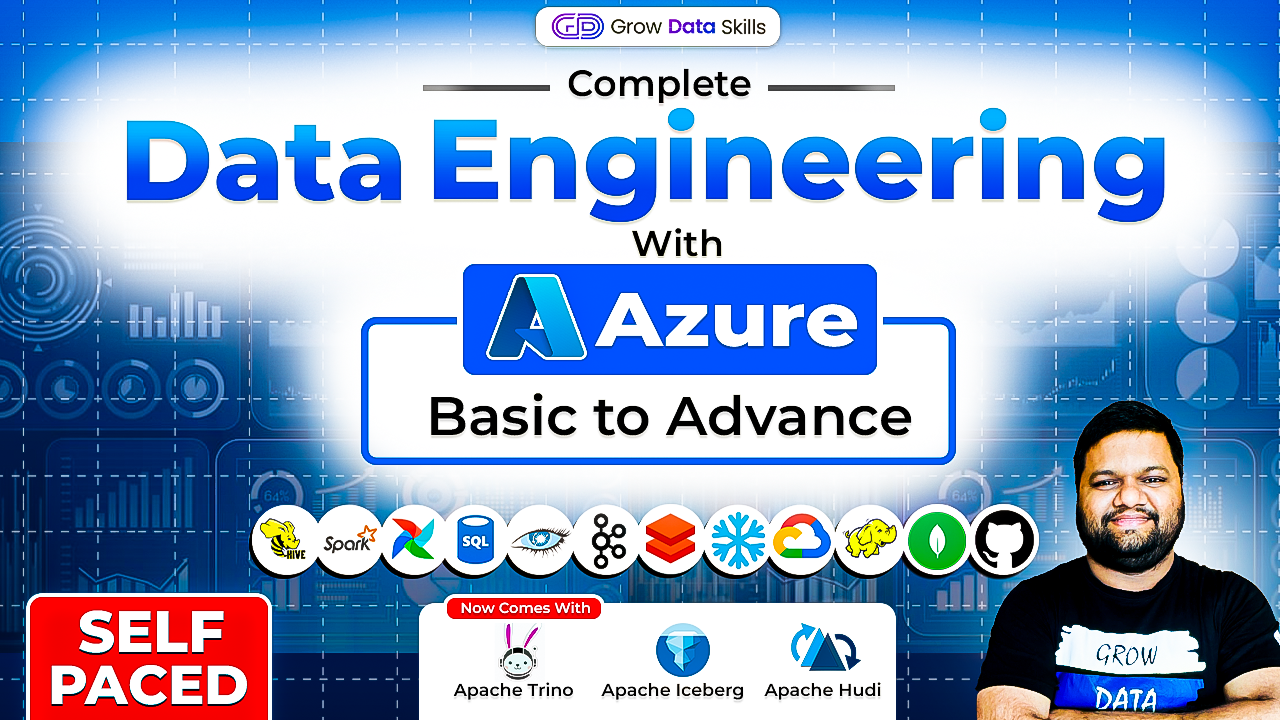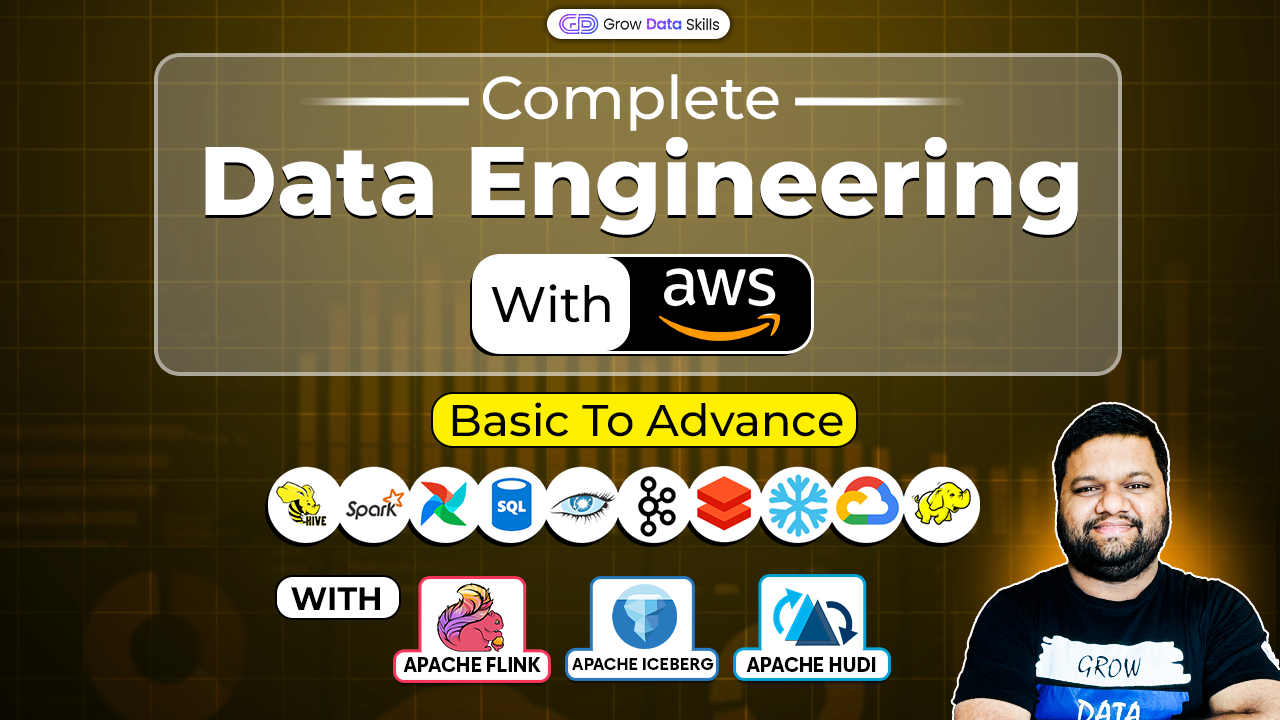Round 1: Assessment
Objective: Solve a business case study.
Expectation:
✅ Perform Exploratory Data Analysis (EDA) using a SQL tool.
✅ Share all outcomes and conclusions using a Business Analyst (BA) approach.
Round 2: Technical 1
Introduction:
✅ Briefly introduced myself.
✅ Explained current role and responsibilities.
SQL:
✅ Indexing.
✅ Delete vs. Truncate.
✅ WHERE vs. HAVING.
✅ Window functions.
✅ Joins.
✅ CASE statement.
✅ Stored procedures.
ETL:
✅ Use cases and scenarios.
✅ Different layers and approaches in ETL processes.
✅ Informatica: Discussed its usage and applications.
Data Modeling:
✅ Data mart vs. Data warehouse vs. Data lake concepts.
✅ Star schema and snowflake schema with real-time examples.
✅ Dimension and fact tables.
✅ Slowly Changing Dimensions (SCD): Types, how to save the history table, and why it's necessary.
Business Standards:
✅ Handling client interactions as a BA.
✅ Types of documents created.
✅ Tools used for documentation and data modeling (ER diagrams).
Round 3: Technical 2
Introduction:
✅ Re-introduced myself.
✅ Highlighted current role and responsibilities.
Topics Covered:
✅ Informatica: Discussed practical use and real-time applications.
✅ ETL/Data Modeling/DW Concepts: 2–3 questions on each topic.
✅ SQL: 3–4 real-time SQL problem statements.
✅ Snowflake: Basic questions related to the platform.
✅ Excel/Google Sheets: Evaluated proficiency in basic usage.
Round 4: Final Call
✅ Discussion: Formal conversation.
✅ Explanation of the business model, work culture, and company expectations from the role.



